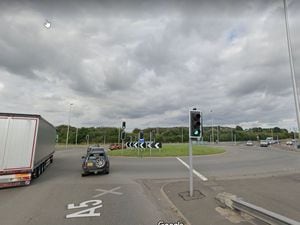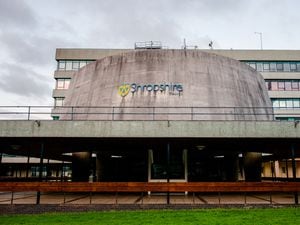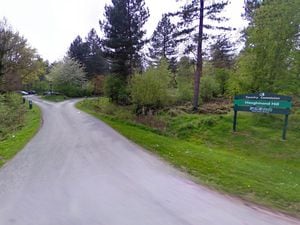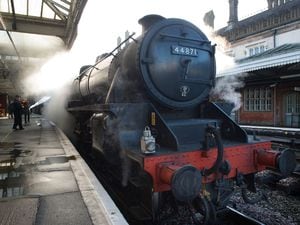Emergency law as salmon falls to dangerously low levels in River Severn
Fishermen will have to throw salmon caught from the River Severn back in the water after an emergency by-law was put in place because of low levels of the fish.
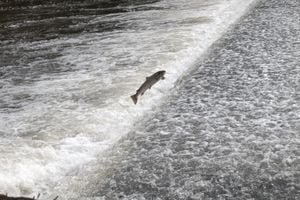
The Environment Agency said the law had to be introduced to try and prevent a "collapse of stocks" in the river in the future.
It means that all salmon caught on the the length of the River Severn will need to be thrown back for the rest of the current rod season, which lasts until October 7.
David Hudson Environment Manager for Gloucestershire said: "This has not been an easy decision to take. We have looked at other options, such as reduced catch limits for both net and rod fishermen and voluntary catch and release for lave net and rod fishermen, but felt that stopping any salmon being taken on the Severn this season through a by-law was necessary to protect salmon in the river.
"Fishing is only one of a number of factors that have led to the fall in salmon stocks in the Severn; environmental factors at critical times in the salmon’s life cycle also play a part. We are particularly concerned this year about the effects of the very hot summer of 2018. We had hoped that the numbers would improve in the autumn but this hasn’t happened.
"We understand the impact this will have on fishermen, but only by the use of immediate and robust action, with cooperation from others, can we prevent the collapse of salmon stocks in the Severn in the future.
"We are liaising with our colleagues in Natural Resources Wales and Natural England and with those affected. We will continue to monitor fish stocks throughout the season in order to reach a decision about our next steps before the start of the 2020 season."
Under the emergency byelaw, which took effect on 15 June 2019, draft net and putcher fishing in the Severn estuary will be prohibited. Lave net fishing will operate on a catch and release basis only.
The EA said its decision came after figures on the stock levels for the Severn, Wye and Usk, which salmon from the Severn estuary migrate to, showed numbers were extremely low.
It said the decline in numbers means that every fish returned safely could contribute to improving the spawning population this autumn.
Mike Morris, CEO of Severn Rivers Trust said the situation was a concern.
He said: “These recent figures are extremely worrying. Whilst some of the major factors impacting numbers of Severn salmon and sea trout such as climate change and commercial fishing at sea are beyond our immediate influence, we will continue to act to try and reverse this decline in the freshwater phase of their life cycle. Severn Rivers Trust will be doing all they can to help avoid the possibility of losing populations of these fish in the catchment if the current trend continues.”


